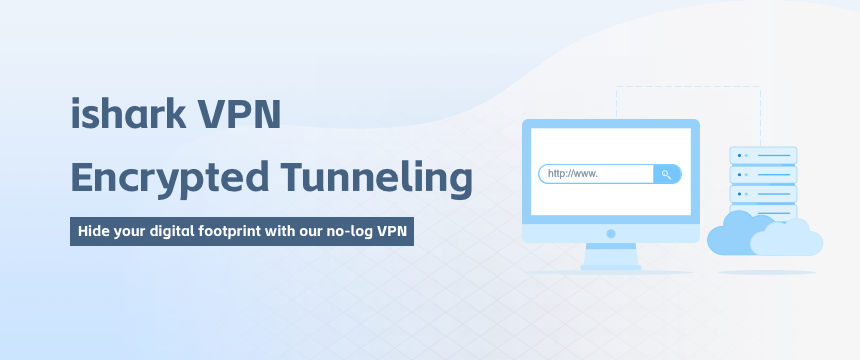Exploring the Future: Prospects of VPN in Emerging Technology Domains
ishark blog article
As emerging technologies, such as 5G, the Internet of Things (IoT), and Edge Computing, continue to rapidly advance, Virtual Private Networks (VPN) are also poised for a series of transformations in the future. This article aims to delve into the potential applications of VPN in emerging technology domains, including how the integration of 5G and VPN can deliver faster connections and the role of VPN in ensuring IoT security, among others.

Seamless Connectivity through 5G and VPN Integration
The rise of 5G technology has brought significant improvements to internet connectivity. When combined with VPN, users can experience faster, more stable, and secure connections. The high-speed and low-latency nature of 5G complements VPN's capabilities, enabling users to enjoy smoother and more efficient access to internet resources.
However, integrating 5G and VPN also presents some challenges. For instance, the widespread deployment of 5G technology may lead to increased network traffic, while VPN's encryption processing adds a certain data load. Thus, optimizing the collaboration between VPN protocols and network infrastructure becomes crucial to achieve the best fusion of 5G and VPN.
The Significance of VPN in IoT Security
The Internet of Things is becoming the core of the digital age, connecting a myriad of devices and sensors. However, this connectivity also brings security concerns. Due to the lack of robust security measures in many IoT devices, they become potential targets for network attacks. As an encryption tool, VPN can play a vital role in securing the Internet of Things.
By establishing secure VPN tunnels between IoT devices, data transmission can be encrypted, protecting sensitive information from hackers and unauthorized access. Additionally, VPN enables authentication and authorization in IoT communications, ensuring only authorized devices can interact with each other, thereby reducing potential attack surfaces.
Integration of Edge Computing and VPN: Enhanced Data Processing Efficiency
Edge computing is a technology that pushes data processing and storage to the network's edge, reducing data transmission delays and burdens. VPN's addition can further enhance the efficiency and security of edge computing.
Deploying VPN servers at edge nodes allows for data encryption and decryption at the edge, reducing security risks during data transmission. Moreover, VPN enables remote access to edge devices, facilitating management and maintenance, providing greater convenience for the widespread adoption of edge computing.
Challenges and Responses of VPN in Emerging Technology Domains
As emerging technologies continue to evolve, VPN faces some challenges. Firstly, the rapid changes in emerging technologies may result in compatibility issues for VPN protocols and applications. As a result, VPN providers need to actively keep pace with technological advancements, upgrading and optimizing VPN solutions promptly to meet the ever-growing demands of users.
Secondly, with the proliferation of IoT devices, VPN needs to support large-scale connections and management to ensure network stability and security. Additionally, VPN must address performance optimization concerns in edge computing scenarios to meet the rapid data processing requirements of edge computing.

Looking Ahead: Ongoing Innovations in VPN
As emerging technologies continue to evolve, VPN will continue to play an increasingly significant role in the future. VPN providers will face both opportunities and challenges, necessitating continuous innovation to enhance the performance, security, and adaptability of VPN solutions. In the emerging technology domains, VPN will serve as a critical component in safeguarding user privacy and data security, providing reliable support for a connected, digital world.
Conclusion
With the rapid development of 5G, IoT, and Edge Computing, VPN stand as essential technologies that will play an increasingly pivotal role in the future. The integration of 5G and VPN promises faster and more seamless connections. In terms of IoT security, VPN will safeguard the interconnected world of devices. Moreover, the fusion of Edge Computing and VPN will lead to more efficient and secure data processing. However, VPN providers must innovate actively, addressing the challenges in emerging technology domains, to ensure that VPN continues to offer stable, secure connectivity support for users.









